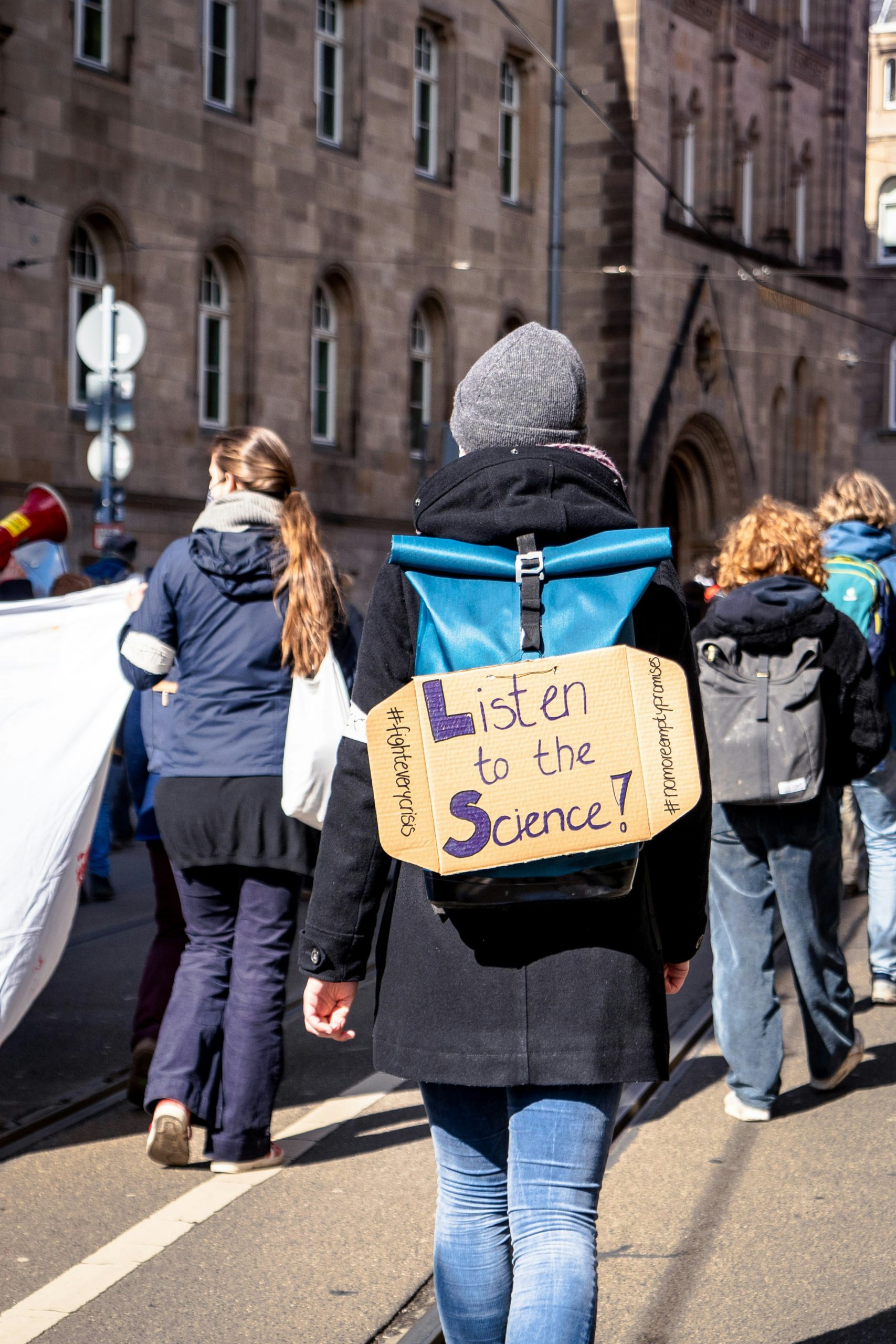
Sci&Tech Writer Olly Ashton analyses global attitudes towards science
So do most people trust scientists? Yes. But not everyone and definitely not everywhere. Nearly 73,000 people were asked across 63 countries by 241 researchers about their trust in scientists. They published their report in Nature, asking respondents to scale their trust of scientists from 1 (very low trust) to 5 (very high trust) and the global average was 3.62. Around the world there is a growing fear that scientists are not being listened to, from climate change to vaccinations. Whereas this discontent with scientists is normally voiced by small groups, their voices are being amplified each day that passes. Just recently, hardcore anti-vaxxer Robert F. Kennedy was screened for his new role as Secretary of State for Health in the US under President Trump. With this, these researchers set out to see what the perceptions around scientists actually are.

Topping the list of countries with most trust in scientists are Egypt, India and Nigeria and at the bottom of the list you find Bolivia, Kazakhstan and with the least trust, Albania. Most European nations find themselves below the global average with Spain, Ireland and the UK being the top three European nations trusting scientists. With the rise of misinformation through media and political structures in the US you may have thought they would trust scientists less than the UK, but they beat us by a fraction. Part of this may be attributed to how the researchers chose to investigate trust in ‘scientists’ than trust in ‘science’. They explain that science is a more abstract term that people can more easily attach emotions to, whereas ‘scientists’ are real people you can talk to. Countries also have specific reasons behind trusting scientists, from government corruption to public health promotion.
Different demographics were also investigated to understand their trust in scientists. In the UK, you are less likely to trust scientists if you are a man who is politically right-leaning and who believes in a social hierarchy. Globally, people who are more religious are likely to trust scientists more. This may come as a shock, but looking at it deeper you can find it differs per religion. Muslim countries are more likely to trust scientists, with Bangladesh and Türkiye being some of the highest ranked nations; this could be attributed to the Quran’s principles of science in its teachings. Whereas in Christian nations like the USA, if you are religious, you are more likely not to trust scientists. This could be attributed to a belief that science opposes the teachings of the Bible.
“Countries also have specific reasons behind trusting scientists, from government corruption to public health promotion.
The study also examined what people think scientists should prioritise. In the UK, people agree that scientists should be prioritising improving public health and solving energy problems. They also think scientists should aim to prioritise reducing poverty, but they don’t really think that’s what the aim of science is. This is reversed on the topic of developing defence and military technology, with the British people not deeming it a priority but believing it is currently what science is operating for.
Science-related populism is a variant of populism that believes that the ‘common sense’ of ‘ordinary’ people is more truthful than ‘elite and corrupt’ scientists and their research. The paper found that low trust in scientists is (unsurprisingly) associated with science-related populism. This follows narratives pushed by many populist parties across Europe such as Reform UK and AfD in Germany, who many try to undermine climate science and immigration research to push for more political power. Whereas non-populist parties, such as the European Greens, may be more likely to embrace the facts and encourage trust in scientists. Climate scientists were also looked at in more detail, and it was found that countries who believe the climate is going strong and are happy about it, are less likely to trust scientists. The UK is on par with most nations in trusting climate scientists but trust climatologists less than they do unspecified scientists, by a marginal amount. With the world becoming more uncertain and media streams spreading more misinformation, it has never been a more important time to trust the facts, and always check where you get them.
Enjoyed this article? Read more from Sci&Tech here:
My Roman Empire is… Not What it Seems?
Does Science Trump Donald Trump?
Scientist Finds Cure to Her Own Cancer Through Self-Experimentation

Comments